What Is The 80 Rule Osha 10 The 80 rule is an engineering guideline advising not to exceed 80 of a tool s maximum capacity to ensure safe and efficient operation This rule is particularly relevant in
The OSHA 10 Foot Rule mandates that workers tools and equipment must stay at least 10 feet away from overhead power lines carrying up to 50 kV kilovolts of electricity Our answer keys provide a comprehensive and reliable resource for those looking to prepare for the OSHA 10 exam With accurate and detailed answers to all of the exam questions our
What Is The 80 Rule Osha 10

What Is The 80 Rule Osha 10
https://www.freebeerandhotwings.com/wp-content/uploads/2022/11/Childish-Gambino-Is-The-Alias-Of-What-Actor-And-Comic.jpg

80 NEC RULE FOR CIRCUIT BREAKER YouTube
https://i.ytimg.com/vi/Z8sHSNFFPCQ/maxresdefault.jpg

What Is The 80 Rule For Conductors YouTube
https://i.ytimg.com/vi/dTCmcupCwDg/maxresdefault.jpg
Question California regulations set the dosimeter threshold level at 80 dBA for hearing conservation and 90 dBA for compliance Does the same distinction apply under OSHA 10 is a 10 hour safety course designed by OSHA to cover safety basics for workers in high risk industries The point is to make workers aware of common safety and
The 80 20 rule also known as the Pareto principle is a common axiom of business management Named after Italian economist Vilfredo Pareto it states that in many The 80 20 Rule The Pareto Principle may be the exact reason you can t seem to hit Zero in safety and consistently hold it there What you might think is the problem is not actually the
More picture related to What Is The 80 Rule Osha 10

OSHA Excavation Safety Rule Of Excavation Types Of Soil Sloping
https://i.ytimg.com/vi/mrHtY4UdK78/maxresdefault.jpg
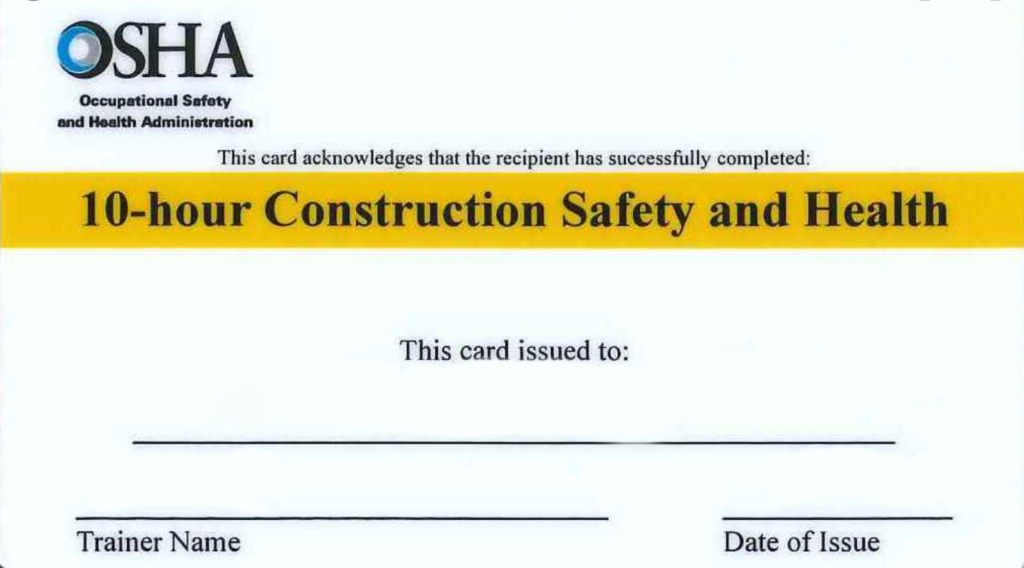
OSHA 10 Cstraining
https://cstraining.org/wp-content/uploads/2020/02/osha-10-card-1024x568.png
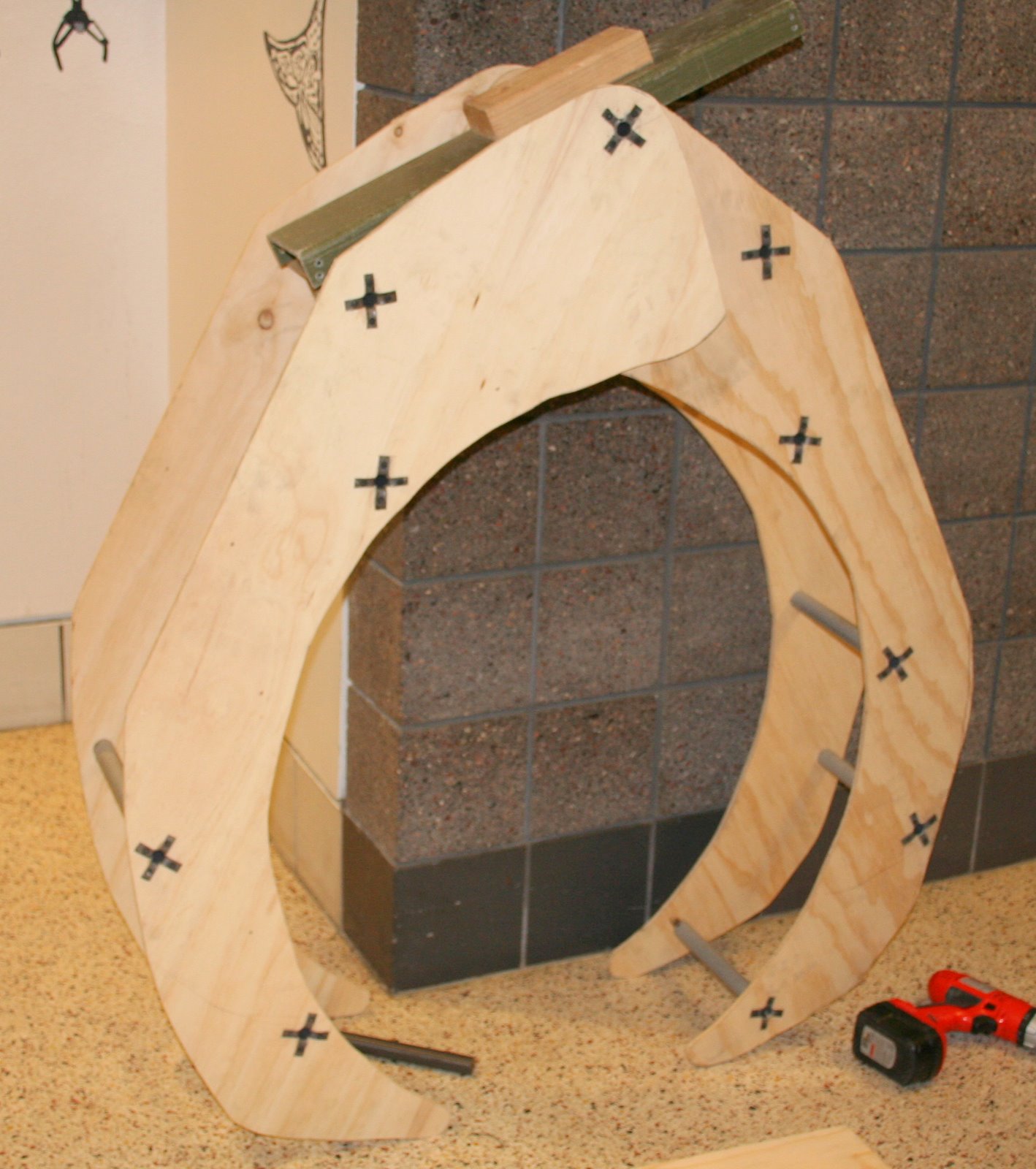
Pic Virginia s Claw CD Media Photos Chief Delphi
https://www.chiefdelphi.com/uploads/default/original/3X/5/b/5b47e7ae70e6fdf3a23e109285fc68e9f3f7fce2.jpeg
To evaluate worker noise exposures in comparison to OSHA s PEL and Action Level industrial hygiene professionals perform noise monitoring assessments by placing a OSHA Noise provides information about Occupational Safety Health Administration OSHA Noise Exposure Standards Criteria for engineering at 85 dBA administrative controls
For most people the choice between OSHA 10 and OSHA 30 is fairly clear cut Does your job include oversight or responsibility for anyone else Then you need the 30 hour While the 8020rule of spending 80 of the time in the field and 20 in the office is an effective way for HSE officers to prioritize their time and focus on critical safety tasks
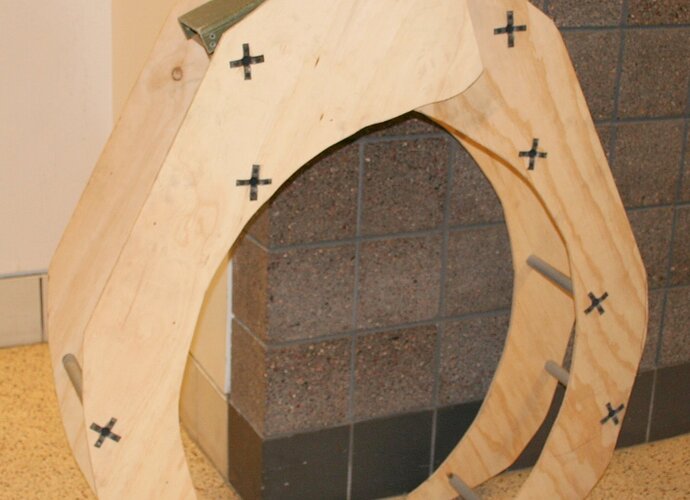
Pic Virginia s Claw CD Media Photos Chief Delphi
https://www.chiefdelphi.com/uploads/default/optimized/3X/5/b/5b47e7ae70e6fdf3a23e109285fc68e9f3f7fce2_2_690x500.jpeg

Gal s 80 s Style Windbreaker The Life Of The Party
https://www.lifeofthepartystore.com/wp-content/uploads/2023/09/BTKA_1694146395050234_6634c4d6ea6fc35758a250c80c5479.jpeg

https://brainly.com › question
The 80 rule is an engineering guideline advising not to exceed 80 of a tool s maximum capacity to ensure safe and efficient operation This rule is particularly relevant in

https://oshacommunity.com › osha-standards
The OSHA 10 Foot Rule mandates that workers tools and equipment must stay at least 10 feet away from overhead power lines carrying up to 50 kV kilovolts of electricity
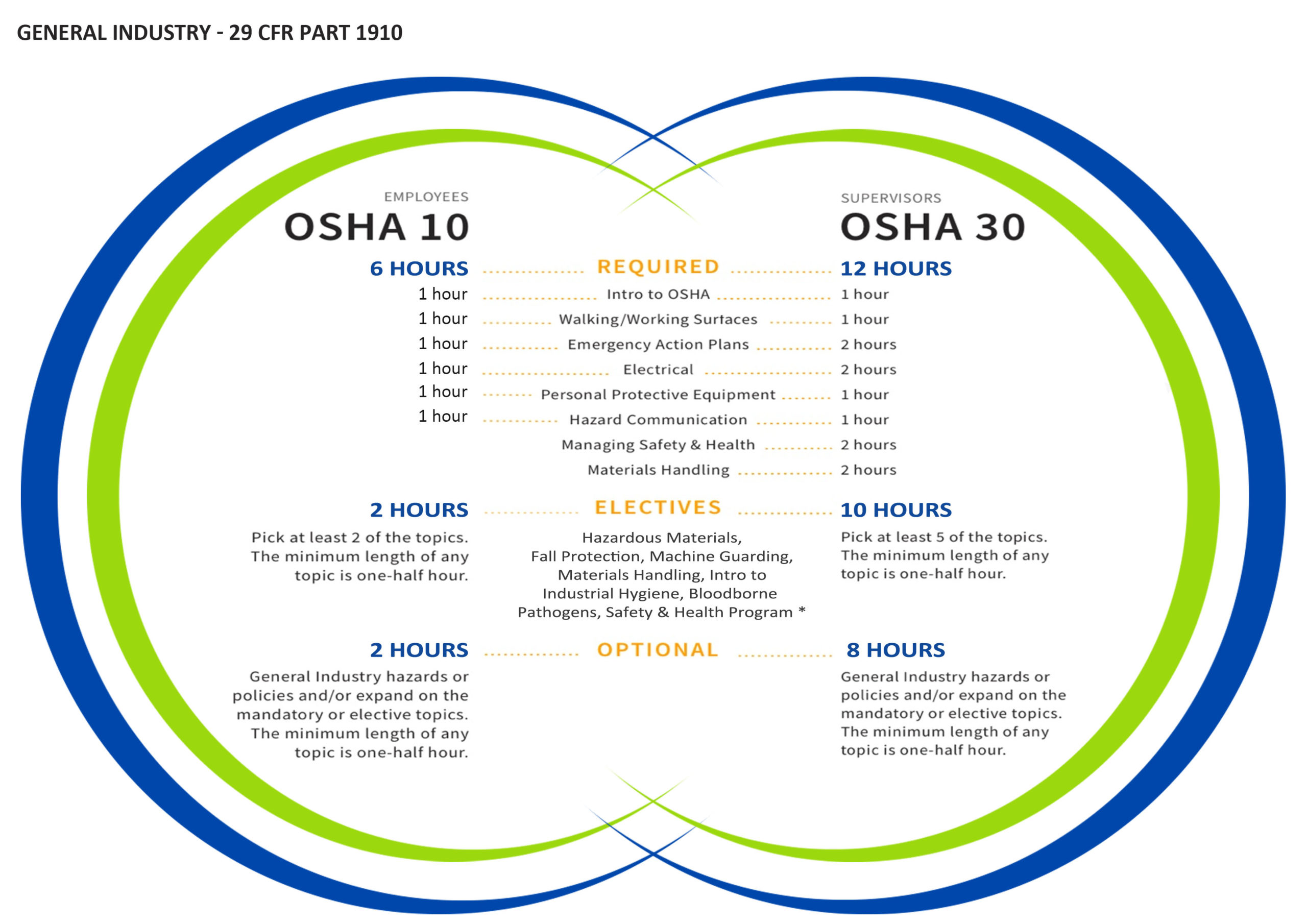
OSHA 10 30 Classes Empowering Safety Professionals

Pic Virginia s Claw CD Media Photos Chief Delphi

Osha Access Ladder Requirements
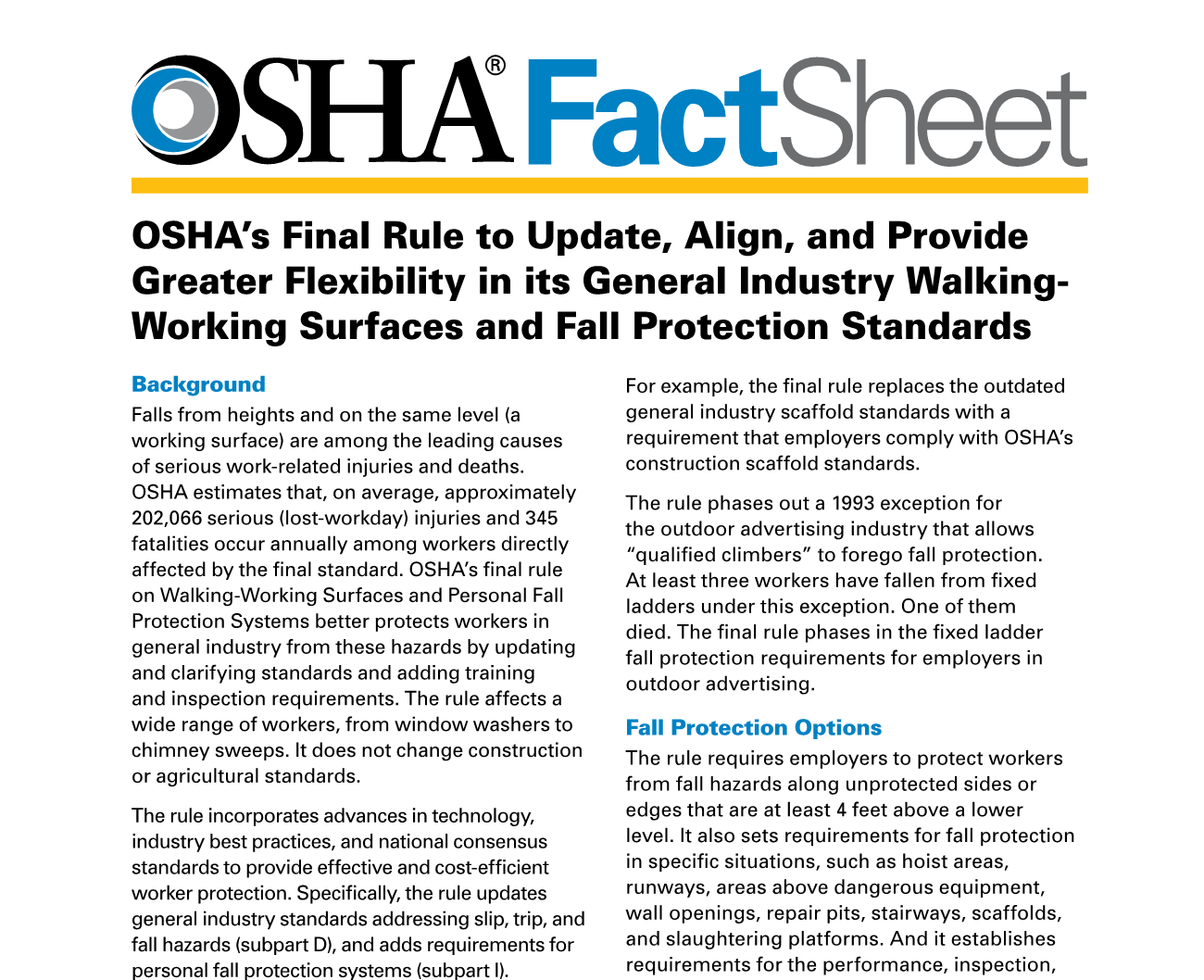
Fed OSHA Fact Sheet Walking And Working Surfaces

Applying The 80 20 Rule To Organizing Simplify You

What Is The 80 20 Rule Ivulve Marketing

What Is The 80 20 Rule Ivulve Marketing
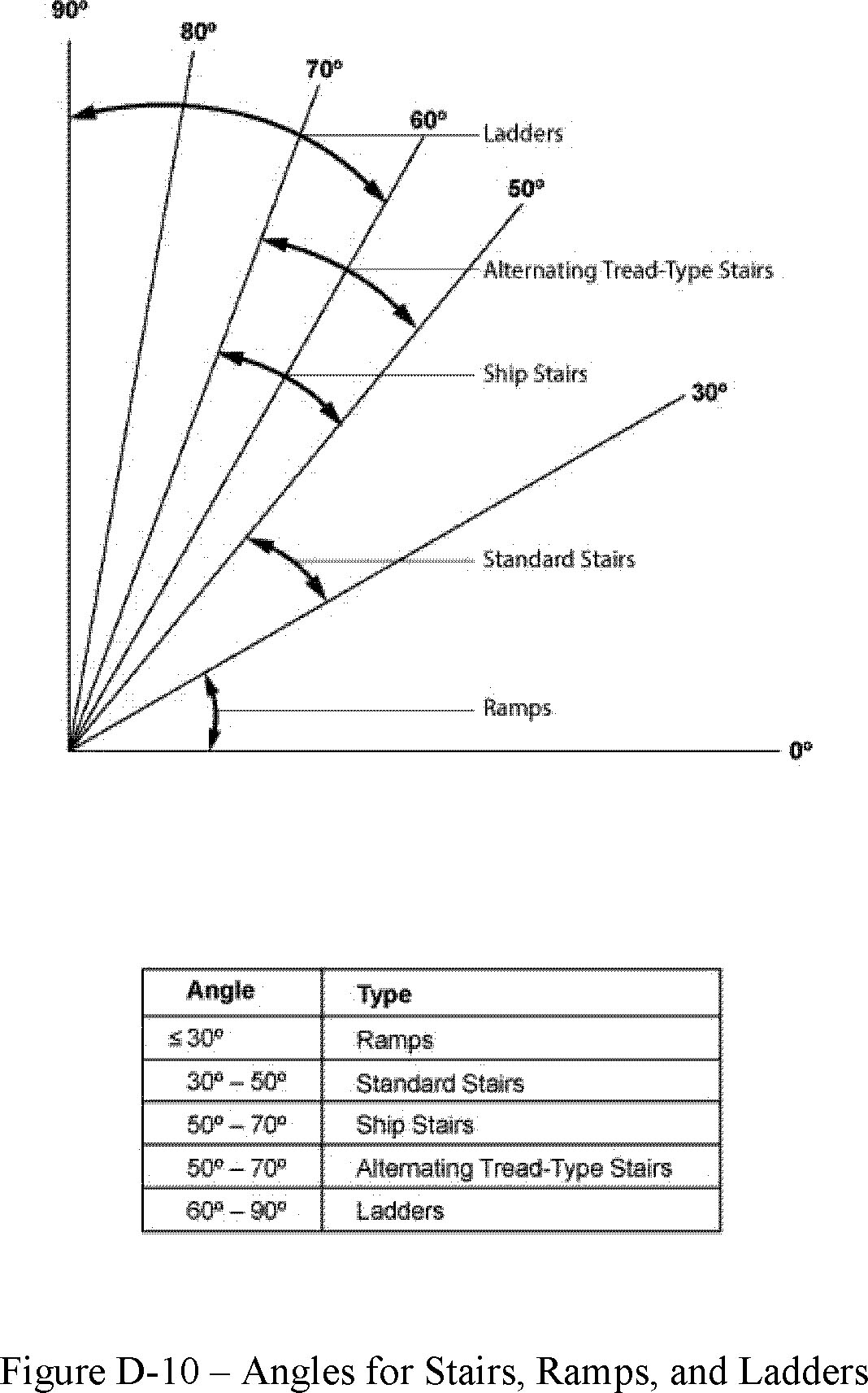
1910 25 Stairways Occupational Safety And Health Administration
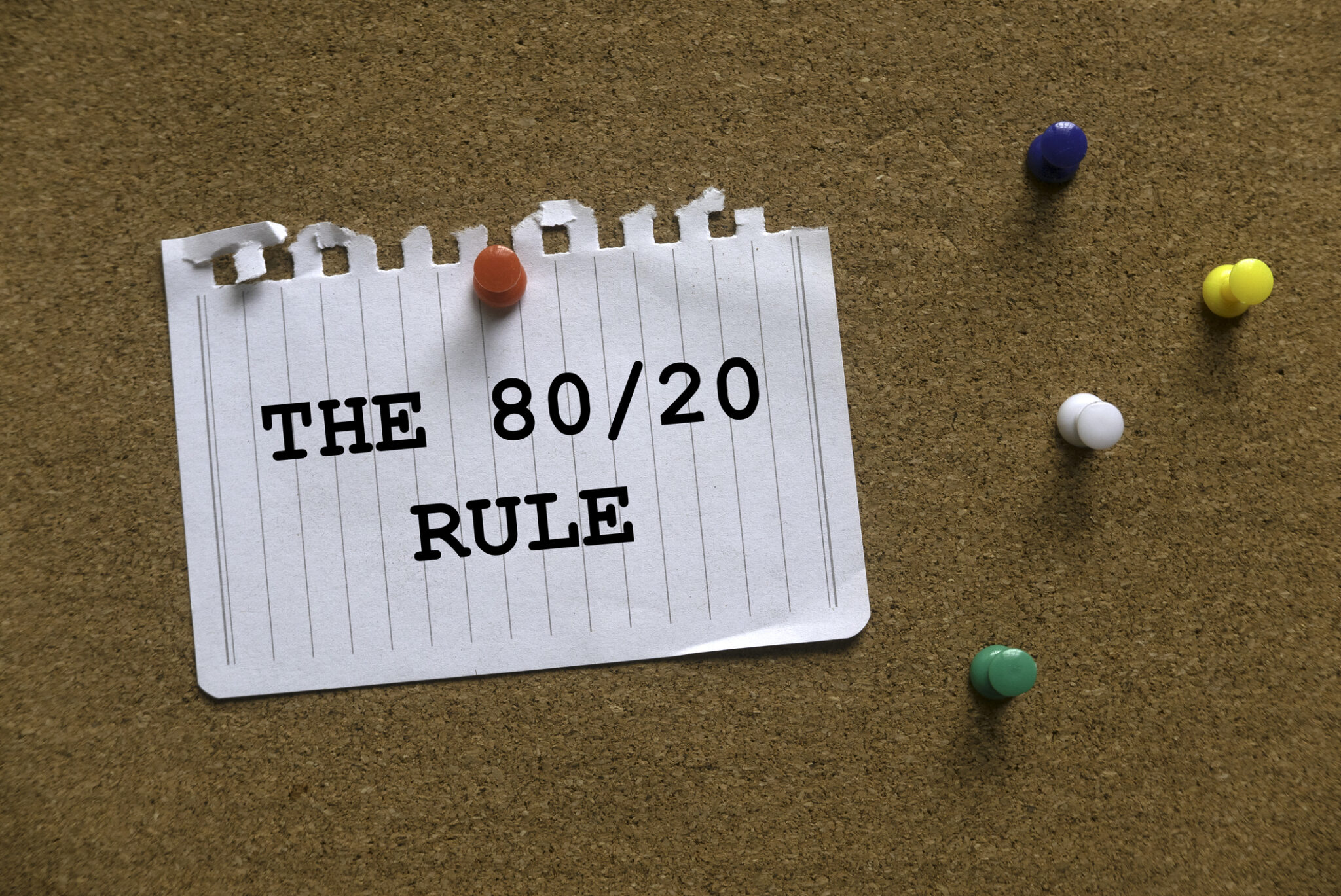
Make The 80 20 Rule Work For You Focus Answering Service
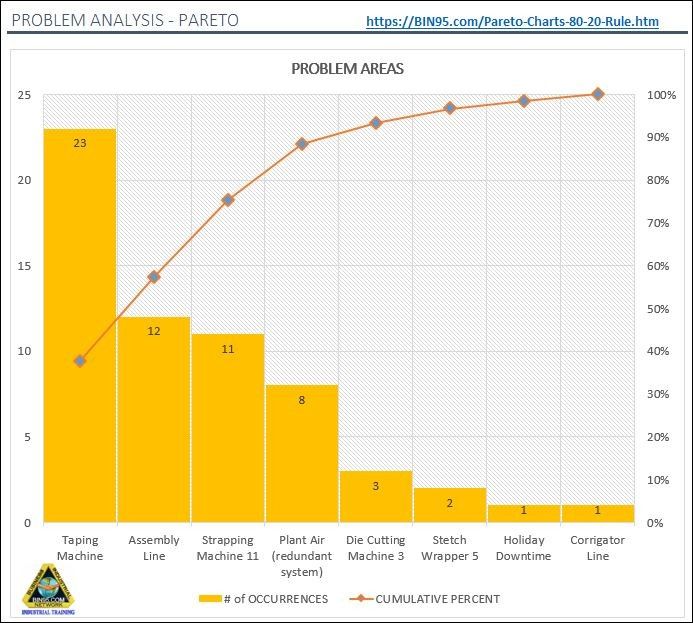
What Is A Pareto Chart 80 20 Rule
What Is The 80 Rule Osha 10 - The 80 20 rule also known as the Pareto principle is a common axiom of business management Named after Italian economist Vilfredo Pareto it states that in many